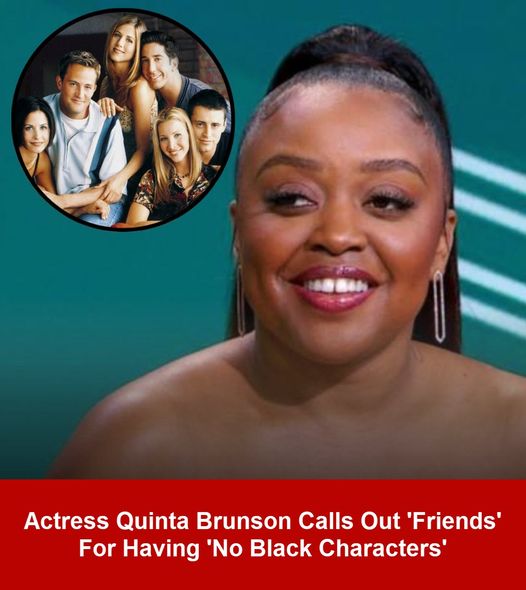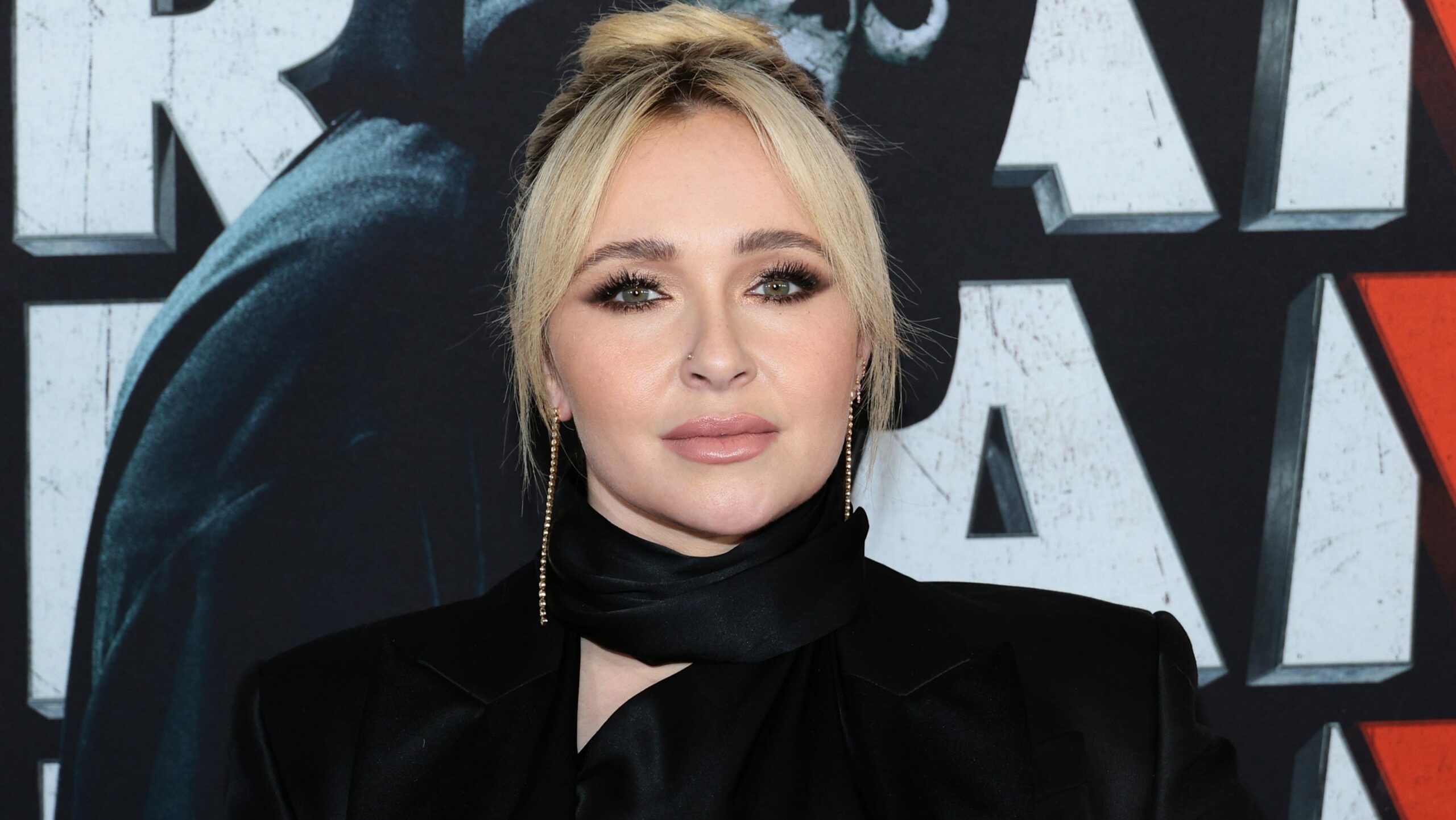In a world increasingly attentive to diversity, popular culture including television shows like Friends faces scrutiny. Actress Quinta Brunson, known from the show Abbott Elementary, humorously critiqued Friends for its lack of Black characters during a hosting stint on Saturday Night Live.
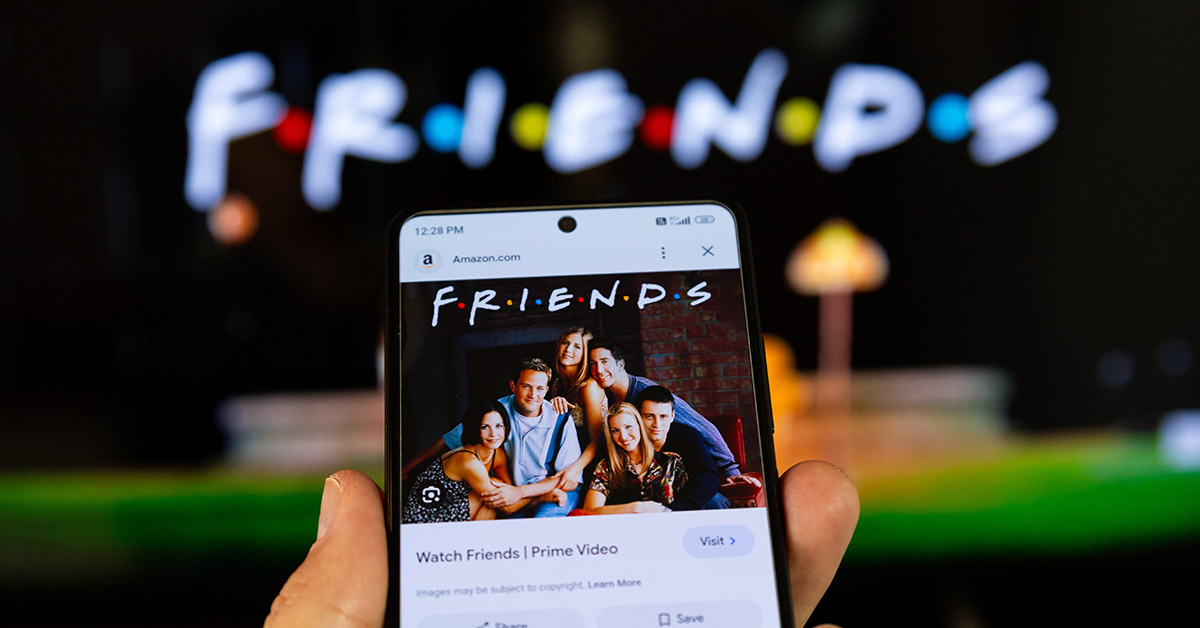
Quinta Brunson’s Critique
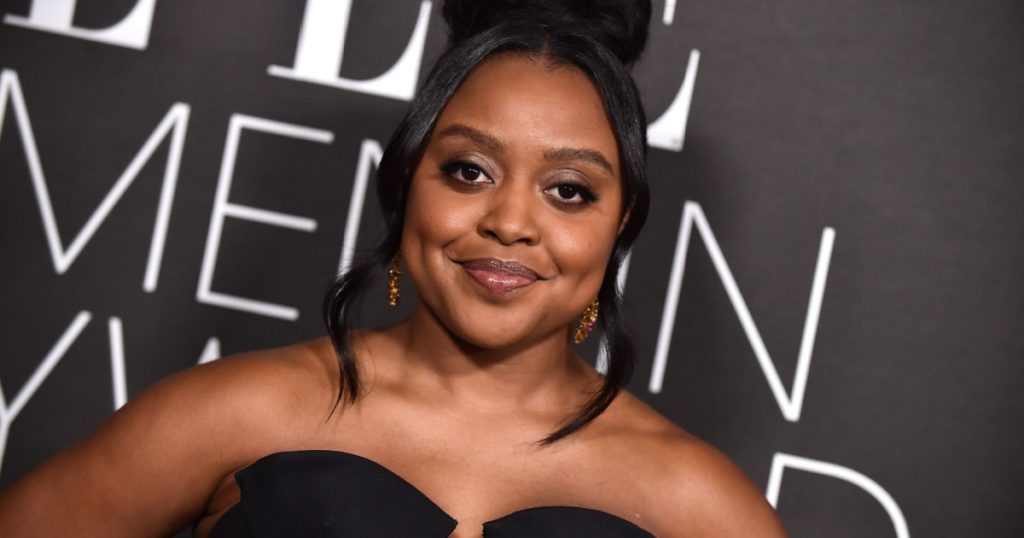
Brunson humorously pointed out during her SNL monologue the visible lack of diversity in Friends, contrasting it with her own show, Abbott Elementary, which prominently features an inclusive cast.
A Contrasting Narrative: Abbott Elementary

In Abbott Elementary, Brunson portrays a teacher in a predominantly Black school, presenting a stark contrast to the all-white main cast of Friends. This difference highlights the progress in television representation.
Brunson’s Commentary
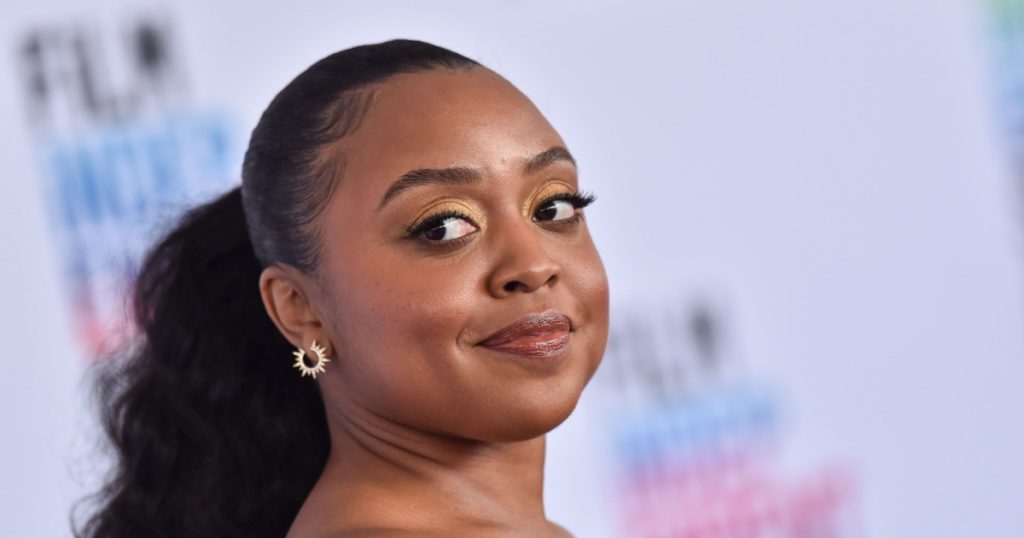
Brunson’s remarks on SNL brought to light the importance of diversity and inclusivity in media, resonating with many viewers and emphasizing how representation matters.
Acknowledging Fault: Martha Kauffman’s Response
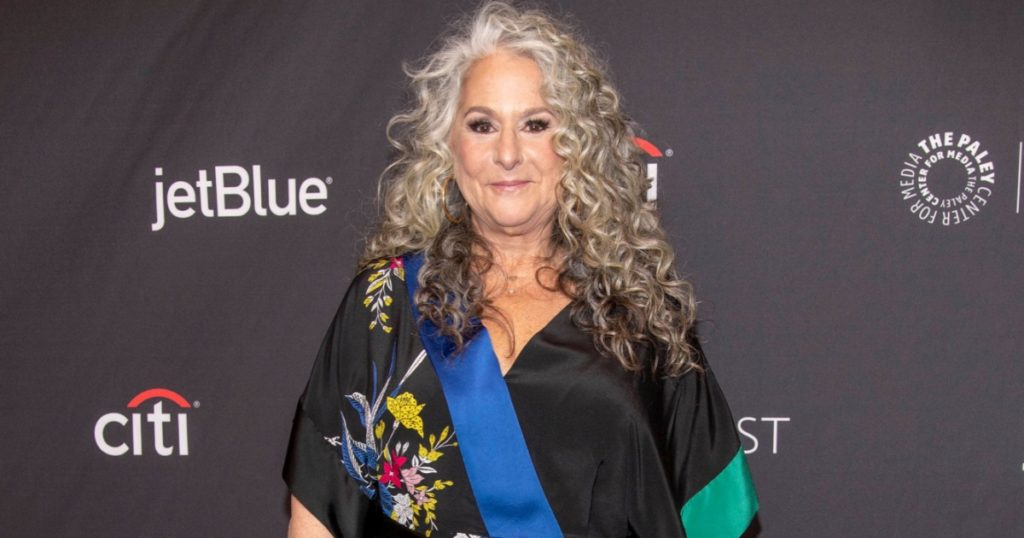
Martha Kauffman, co-creator of Friends, has acknowledged the show’s diversity shortcomings and has taken steps towards education on systemic racism, reflecting a move toward greater awareness and change.
Continued Discussion
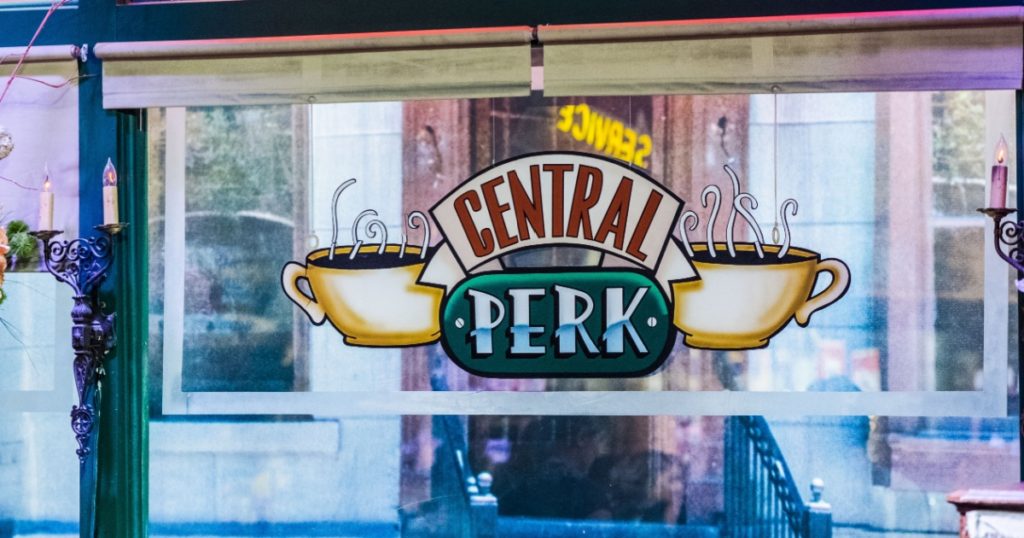
The debate around diversity in television is ongoing. While Friends is often highlighted for its issues, it also serves as a catalyst for discussion on how modern shows can and are improving.
Wider Critique
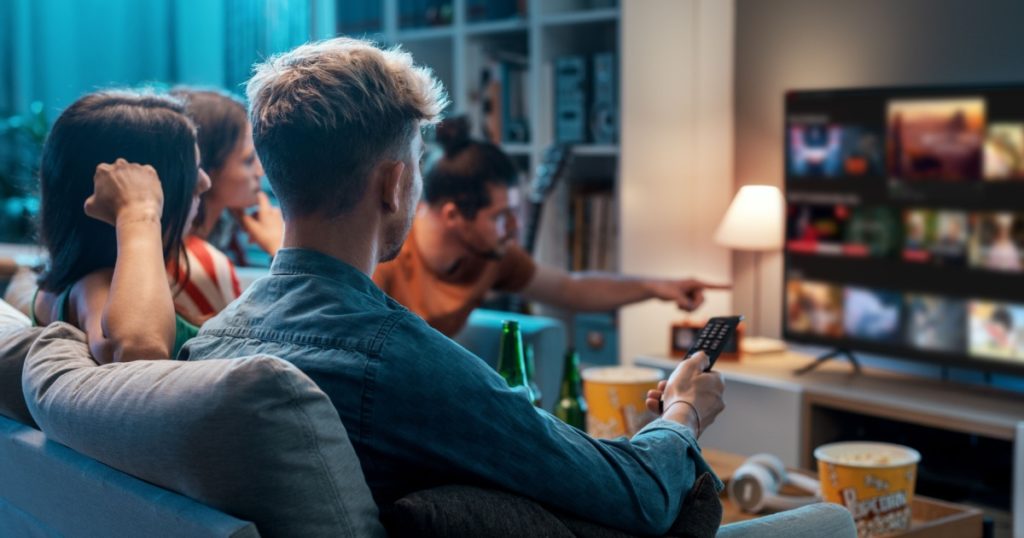
This dialogue extends beyond Friends, touching various beloved media to scrutinize and improve representation across the board.
Grease: Challenging Gender Stereotypes

The musical Grease has been criticized for perpetuating traditional gender roles, with newer audiences calling for a reevaluation of its narratives.
Ace Ventura: Transphobia in Comedy
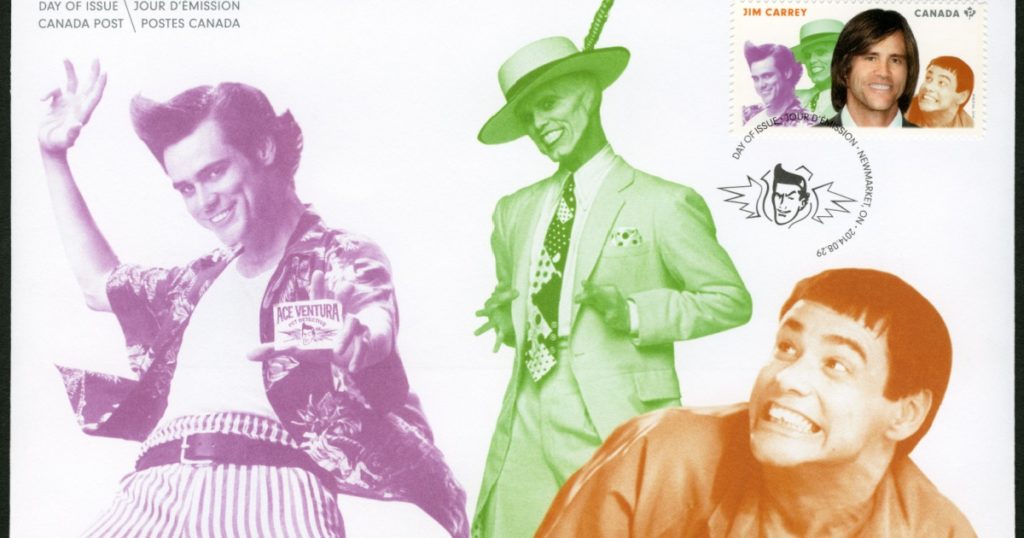
Ace Ventura: Pet Detective is under scrutiny for transphobic elements, highlighting the need for sensitivity and respect in comedy.
Seinfeld: Lack of Diversity
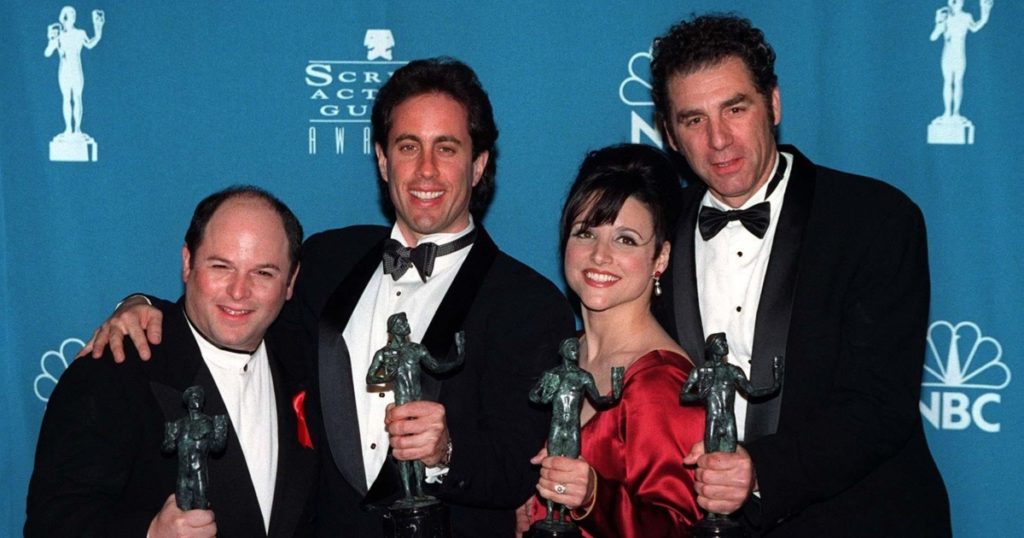
Even Seinfeld, despite its acclaim, faces criticism for its limited diversity, stirring conversations on racial representation in sitcoms set in diverse urban settings like New York City.
Continued Dialogue and Accountability

The examination of these beloved shows reflects a broader movement towards more inclusive and authentic storytelling in entertainment.
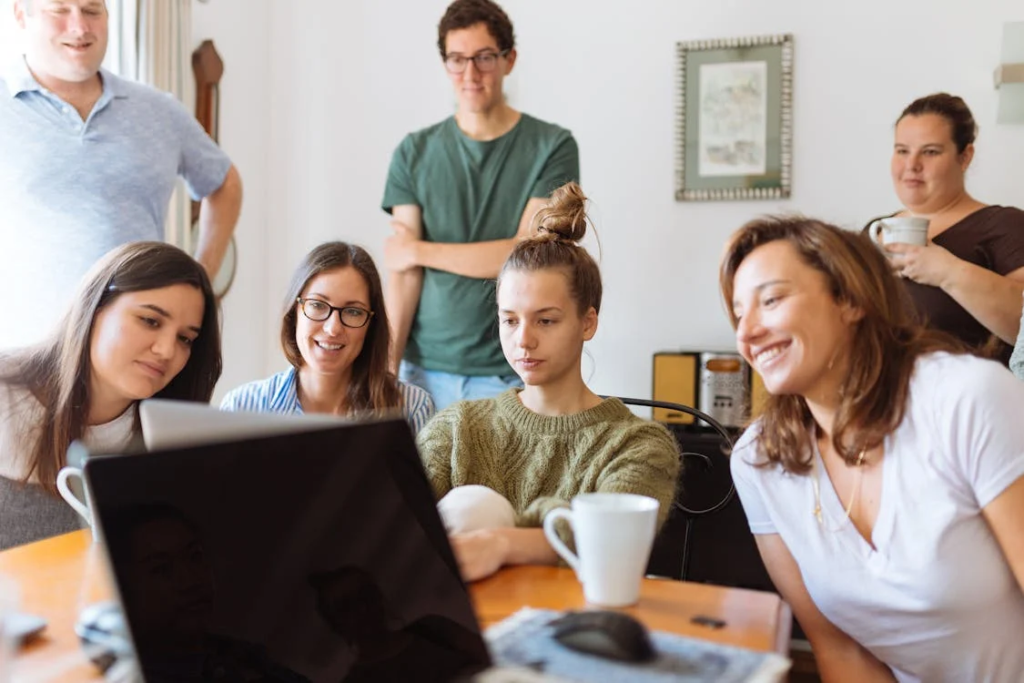
As the conversation evolves, the entertainment industry is increasingly held to account, driving forward a narrative that embraces diversity and better represents its audience.
